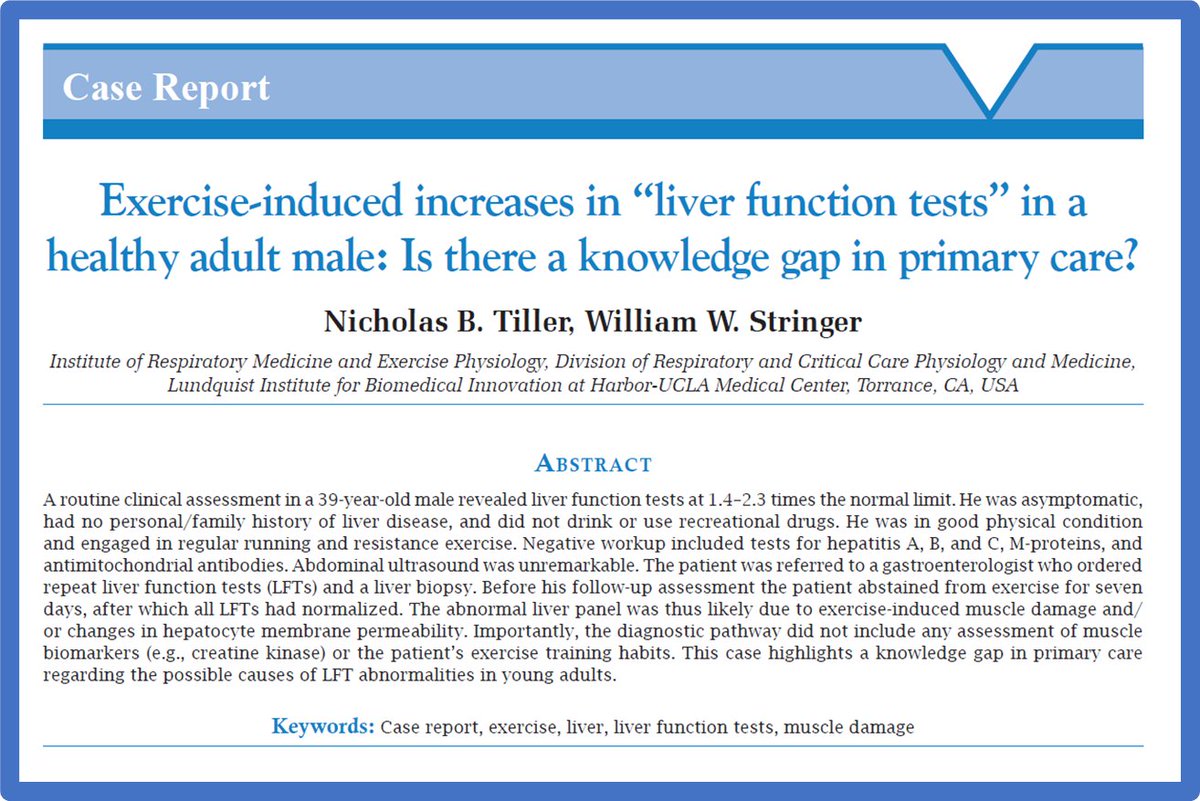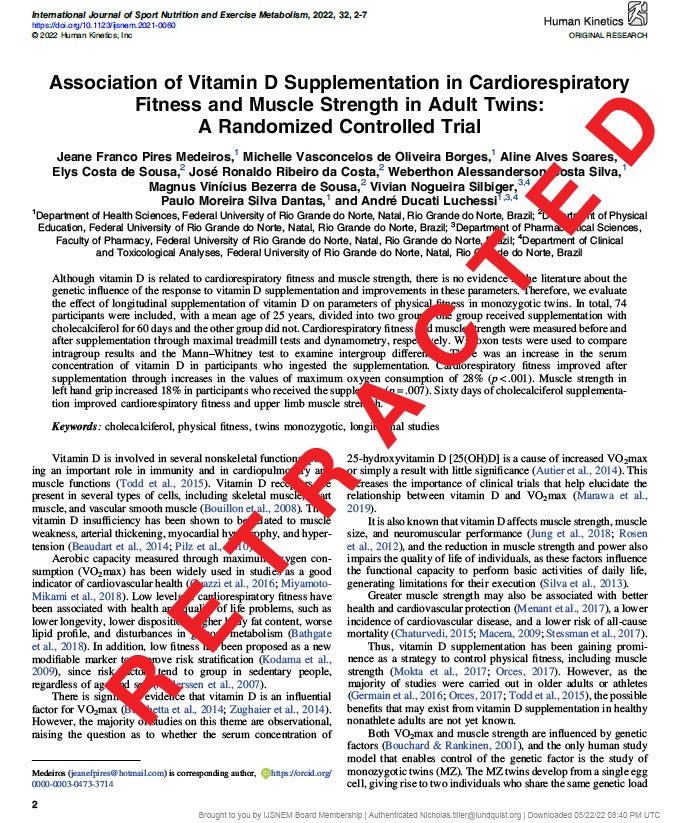If you're training for #muscle strength, power, or hypertrophy, STOP ice bathing after your sessions. It's almost certainly diminishing your returns. 1/5
#strength #training Evidence summary ->
#strength #training Evidence summary ->

Exhibit 1. Cold-water immersion blunts the muscle's anabolic response to strength training. @JPhysiol @LlionARoberts 2/5 

Exhibit 2. Cold-water immersion lowers the muscle's capacity for myofibrillar protein synthesis after resistance exercise. @JPhysiol @27CJ 3/5 

Exhibit 3. Cold-water immersion has a deleterious effect on adaptations to resistance training (SR and meta-analysis). @SportsMedicineJ @BlueSpotScience 4/5 

Ice bathing / cold-water immersion has its benefits. But strength or resistance training will likely suffer. The practice endures because of popularity, not efficacy. 5/5 

• • •
Missing some Tweet in this thread? You can try to
force a refresh

















